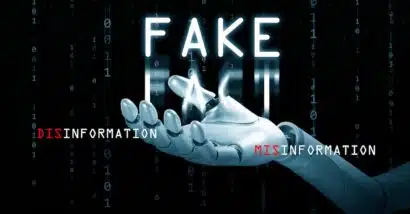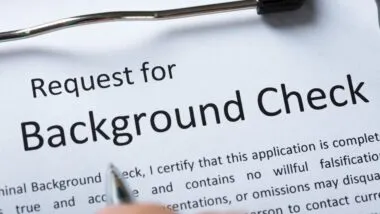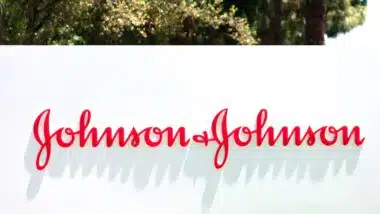 A second round of checks from the Federal Trade Commission are on their way to victims of an illegal pyramid scheme.
A second round of checks from the Federal Trade Commission are on their way to victims of an illegal pyramid scheme.
The FTC is mailing an additional 6,435 checks totaling more than $85,000 to consumers who lost money to BurnLounge’s illegal pyramid scheme that professed to be a legitimate multi-level marketing program selling opportunities to consumers hoping to operate online digital music stores.
From 2005 to 2007, BurnLounge Inc. and its founders Juan Alexander Arnold, John Taylor, Rob DeBoer and Scott Elliott sold these opportunities to operate on-line digital music stores.
By recruiting consumers via the internet, phone calls, and in-person meetings enticing participants by claiming they could make a substantial income if they purchased a “product package” ranging from $29.95 to $429.95 annually.
In purchasing one of BurnLounge’s three packages: they could buy music and merchandise; they could buy a package to become a“Retailer” with the ability to earn credits redeemable for music and merchandise; or they could buy a package and pay an additional fee to become a “Mogul” with the ability to earn credits redeemable for cash, participants could earn rewards through BurnLounge’s compensation program.
But the majority of the BurnLounge business was the continual recruitment of “Moguls” which created the pyramid scheme.
The FTC filed a complaint in California federal court in June 2007, charging that BurnLounge was operating an illegal pyramid scheme. Specifically, the FTC alleged that BurnLounge failed to disclose that participants who invested in the multi-level marketing program would most likely lose money.
BurnLounge co-founder Scott Elliot entered into a settlement with the FTC that barred him from participating in any pyramid scheme or other unlawful marketing schemes, as well as from making false earning claims, and demanded he return $20,000 from his fraudulent earnings.
In 2012, the U.S. District Court for the Central District of California, ordered the other defendants, Juan Alexander Arnold, John Taylor, and Rob DeBoer to collectively pay $16.2 million in consumer redress, and prohibited them from participating in any pyramid, Ponzi, or chain letter schemes or any scams “in which compensation for recruitment is unrelated to the sale of product to customers who are not participants.”
The Court’s order also forbade them from making misrepresentations about multi-level marketing programs, including fraudulent claims about sales, income, profitability, or legality.
BurnLounge appealed the district court’s ruling but was unsuccessful as the higher court upheld the initial finding that BurnLounge had operated an illegal pyramid scheme.
On June 2, 2014, the U.S. Court of Appeals for the Ninth Circuit stated, “We agree with the district court that BurnLounge was an illegal pyramid scheme . . . because BurnLounge’s focus was recruitment, and because the rewards it paid in the form of cash bonuses were tied to recruitment rather than the sale of merchandise.”
The appeals court found that the legal test of a pyramid scheme does not require that the rewards be “completely” unrelated to the sale of products. The court noted that “[r]ecruiting was built into the compensation structure in that recruiting led to eligibility for cash rewards, and more recruiting led to higher rewards.”
The court further stated that in this instance “the rewards for recruiting were ‘unrelated’ to sales to ultimate users because BurnLounge incentivized recruiting participants, not product sales.”
The FTC mailed refund checks to some 53,000 consumers burned by the BurnLounge pyramid scheme back in June 2015 totaling almost $1.9 million.
Since there is money leftover from the initial refund round, the FTC began mailing the second round of checks to victims.
The BurnLounge Pyramid Scheme Lawsuit is FTC v. BurnLounge, Case No. 2:07-cv-03654-GWFMO, in the U.S. District Court for the Central District of California.
ATTORNEY ADVERTISING Top Class Actions is a Proud Member of the American Bar Association LEGAL INFORMATION IS NOT LEGAL ADVICE
Top Class Actions Legal Statement
©2008 – 2026 Top Class Actions® LLC Various Trademarks held by their respective owners This website is not intended for viewing or usage by European Union citizens.















One thought on FTC Sends Out Second Round of BurnLounge Pyramid Scheme Checks